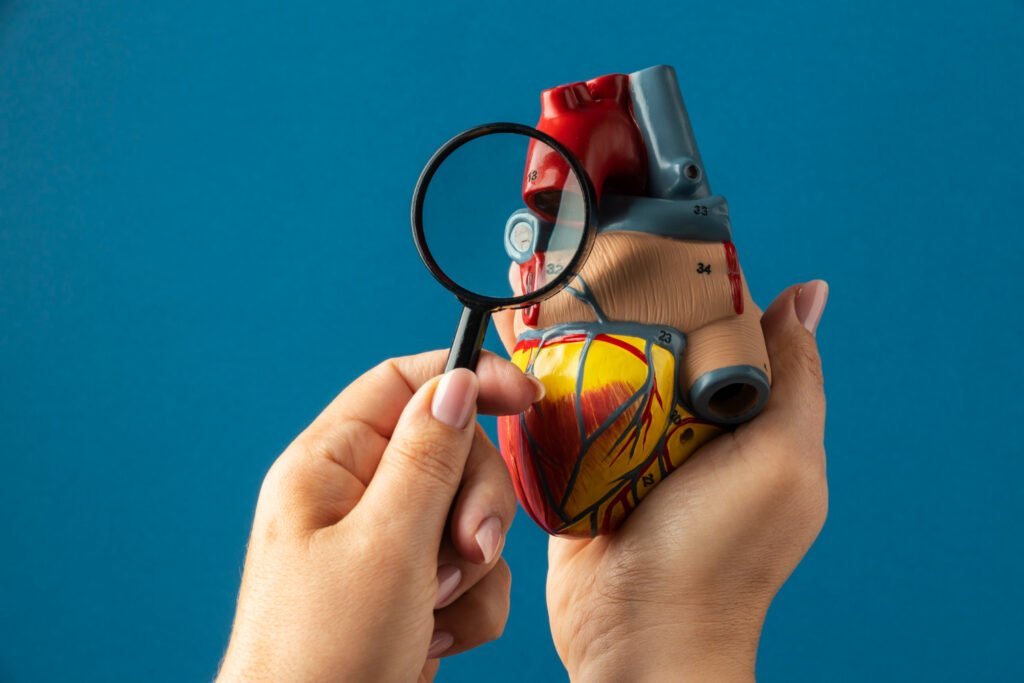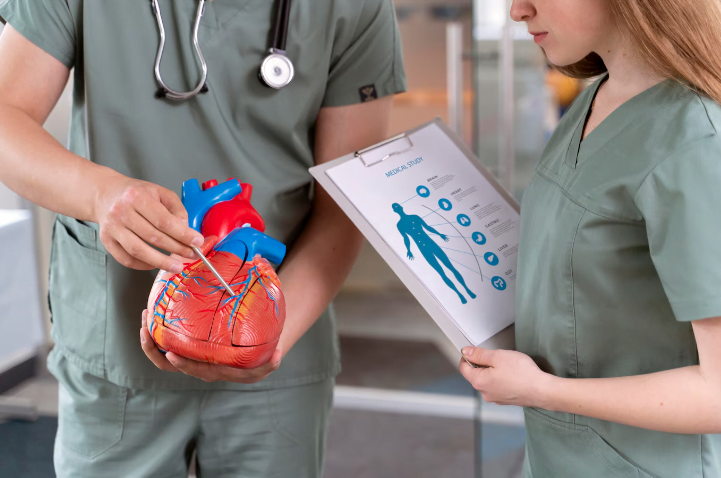Valvular Heart Disease
Treatments

The Best Heart Doctor In India
Understanding Valvular Heart Diseases: Your Comprehensive Guide
Dr Amit Singh is a renowned doctor in the field of interventional cardiology. THE BEST HEART DOCTOR IN MUMBAI. He uses exceptional skills with his empathetic talent ensuring each patient receives personalized care. Specialized in Valvular Heart Diseases Dr. Singh serves for Angioplasty, TAVR, Echocardiography, and stress testing. ensuring the highest standard of care
The Best Heart Surgeon In Mumbai
What are valvular heart diseases?
Valvular heart diseases are conditions affecting one or more of the heart’s four valves: mitral, aortic, tricuspid, and pulmonary. These diseases can cause the valves to narrow (stenosis) or leak (regurgitation), impacting the heart’s ability to pump blood effectively.
For Betterment we Suggest Dr. Amit Singh who is the best heart surgeon in India.

What are the types of valvular heart diseases?
Common types include:
Mitral valve prolapse
Aortic stenosis
Mitral regurgitation
Tricuspid regurgitation
Pulmonary valve stenosis
What causes valvular heart diseases?
Valvular heart diseases can be caused by:
Age-related degeneration
Congenital heart defects
Rheumatic fever
Endocarditis (heart valve infection)
Coronary artery disease
What are the symptoms of valvular heart disease?
Symptoms may include:
Shortness of breath
Chest pain or pressure
Heart palpitations
Fatigue
Swelling in ankles, feet, or abdomen
Dizziness or fainting
How are valvular heart diseases diagnosed?
Diagnosis typically involves:
Physical examination
Echocardiography
Electrocardiogram (ECG)
Chest X-ray
Cardiac MRI or CT scan
Cardiac catheterization
What treatments are available for valvular heart diseases?
Treatment options include:
Medications to manage symptoms
Valve repair surgery
Valve replacement surgery
Transcatheter valve procedures (TAVR, MitraClip)
Can valvular heart diseases be prevented?
While some causes are unavoidable, you can reduce your risk by:
Hypertension and cholesterol treatment
Maintaining a healthy weight
Exercising regularly
Avoiding tobacco use
Are there different types of heart valve replacements?
Yes, heart valve replacements include:
Mechanical valves
Biological (tissue) valves
TAVR (Transcatheter Aortic Valve Replacement)
What is the recovery process after valve surgery?
Recovery typically involves:
Hospital stay of 5-7 days
Cardiac rehabilitation
Gradual return to normal activities over 6-8 weeks
Regular follow-up appointments
How often should I see a cardiologist if I have valvular heart disease?
Follow-up frequency depends on your condition’s severity. Typically, patients see their cardiologist every 6-12 months, or more frequently if symptoms worsen.
Can valvular heart diseases affect pregnancy?
Yes, certain valvular heart diseases can complicate pregnancy. Women with these conditions should consult with their cardiologist before and during pregnancy for proper management.
What lifestyle changes are recommended for valvular heart disease patients?
Recommended lifestyle changes include:
Heart-healthy diet
Regular exercise (as advised by your doctor)
Stress management
Smoking cessation
Limiting alcohol intake
Are there any new treatments for valvular heart diseases?
Emerging treatments include:
Minimally invasive surgical techniques
Advancements in transcatheter procedures
Tissue-engineered heart valves
How do valvular heart diseases impact life expectancy?
With proper treatment and management, many patients with valvular heart diseases can lead long, healthy lives. Early diagnosis and intervention are crucial for optimal outcomes.
Understanding valvular heart diseases is crucial for maintaining your cardiovascular health. If you’re experiencing symptoms or have concerns, consult Dr. Amit Singh, our expert cardiologists for a comprehensive evaluation and personalized treatment plan.
Remember, early detection and treatment of valvular heart diseases can significantly improve your quality of life and prevent serious complications. Schedule your heart health check-up today!
